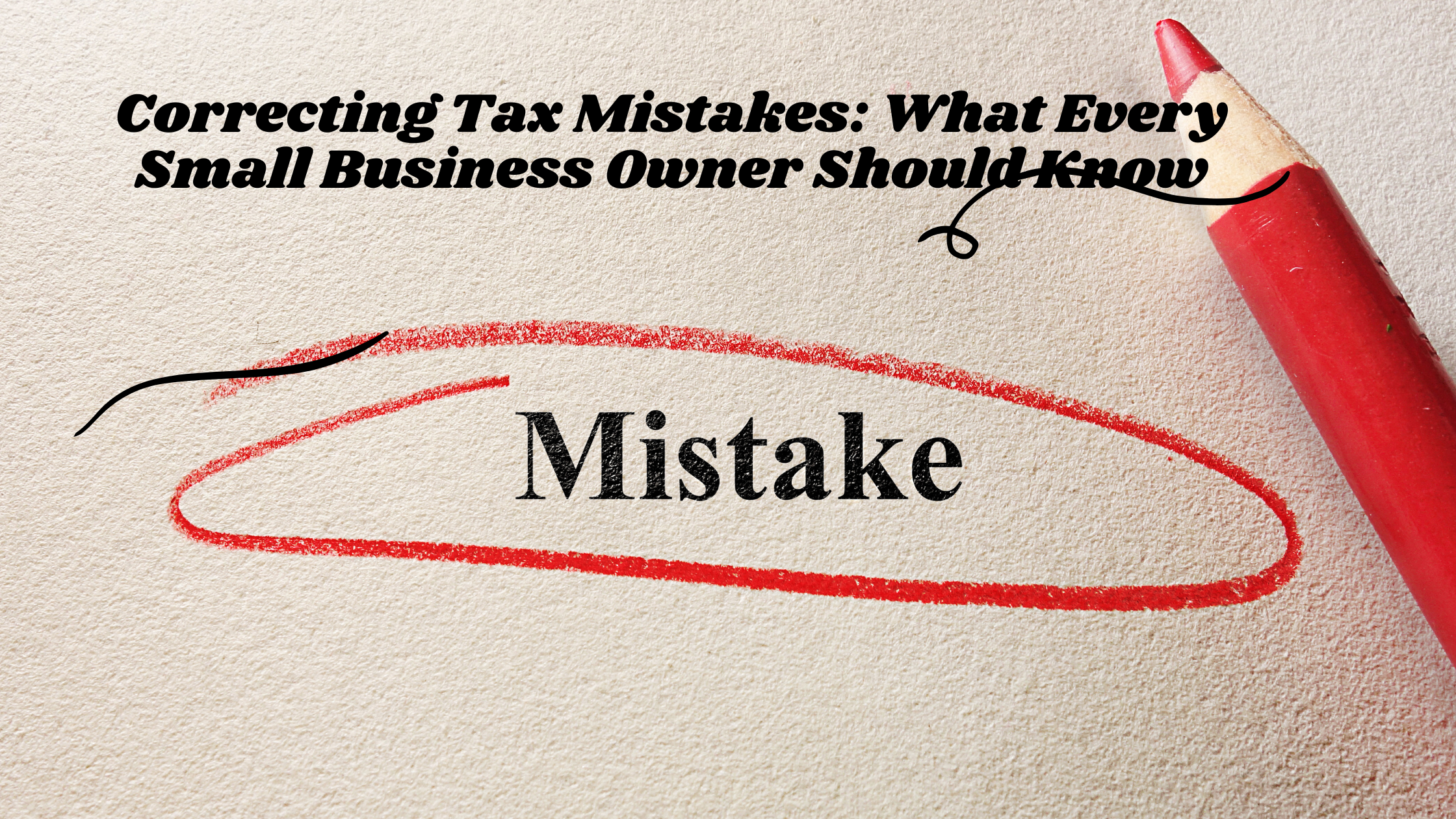WHAT IS CRYPTOCURRENCY?

By now you’ve probably heard of Bitcoin or Ethereum. Either from a friend or an acquaintance. They’ve also probably urged you to get as much cryptocurrency as you can because they say that cryptocurrency is the money of the future.
But what exactly is a crypto and is it really the money of the future? A digital currency or virtual currency that is secured by cryptography is called a cryptocurrency. Cryptography is what makes cryptocurrency unique from other traditional forms of currency. Cryptography is used to ensure that the cryptocurrency is nearly impossible to counterfeit or double-spend. The majority of cryptocurrencies are networks that are decentralized by nature and are native to a new technology called blockchain – a distributed ledger managed by a dissimilar network of computers. The major feature of cryptocurrencies is that they are not issued by any central authority, making them theoretically immune to government interference or manipulation.
Origin of Cryptocurrency

The very first blockchain-based cryptocurrency that was developed was Bitcoin. Following the 2008 recession brought by the hyperinflated housing market in the US, an individual or group known by the pseudonym “Satoshi Nakamoto” conceptualized a form of currency that is out of the reach of governments on a global level. The key feature of Bitcoin is its scarcity, by only having a predetermined number of Bitcoins to ever exist – 21 billion to be exact – ensure that the currency is immune from inflation and manipulation.
Form of money?

Cryptocurrency has dubbed itself as the money of the future by being native to tech. However, the Internal Revenue Service considers cryptocurrency, not as a form of money but rather as a financial asset or property. This treatment is derived from how people use crypto. Currently, the use of cryptocurrency as a medium of exchange is not yet prevalent. Most crypto holders keep their cryptocurrency locked in a digital wallet for a long period of time and only selling when the prices are favorable. Since the IRS treats cryptocurrency as a financial asset or property, it means that whenever you’re selling or trading it, you are subject to the policies and guidelines surrounding capital gains tax.
Advantages and Disadvantages

Advantage
Since crypto is not directly regulated by any central form of government, fund transfers between two parties are made easier regardless of their geographical differences. Lower fees and near-second transaction finality are one of the advantages of cryptocurrency, as compared to wire transfers that would take days before completion due to the fact that fund has to go through third parties e.g., Banks and other financial institutions.
Disadvantage
The greatest disadvantage of having no central form of government regulating cryptocurrency is that there is a large chance of losing your cryptocurrency if you happen to use the wrong wallet address when transferring from one wallet to another. Unlike bank-regulated transactions, if you happen to make a mistake while transferring your money e.g., wrong account number, wrong swift code, wrong bank code, there is always a chance for you to get your money back when you contact the bank.
As for cryptocurrency, no one can help you recover the lost cryptocurrency, not even the developers of the cryptocurrency. The funds will be completely under the control of the receiving end. The cryptocurrency can only be returned to you if the receiving end decides to return it. There is also the hurdle of identifying who is at the receiving end since there are no personal data tied to any digital wallet unless the wallet is custodial in nature. The risk of completely and irreversibly burning your cryptocurrency when you send it to an inactive address is huge.
How do you get Cryptocurrency?
Back then, buying crypto would require a lot of research and tech know-how. Nowadays, buying crypto is as easy as buying a cup of coffee. You also have a lot of choices when it comes to choosing where you buy your crypto.
If you’re a bit conservative when it comes to exposing your portfolio to cryptocurrency, you can acquire fractional shares of cryptocurrencies at custodial exchanges. These exchanges do not directly put cryptocurrency under your account, but it attributes fractional shares of crypto under your account. On paper, you own a certain amount of crypto, but the crypto you own is held by the custodial exchange for safekeeping. That way, you don’t have to worry about any security risk of someone getting into your digital wallet. Some custodial exchanges offer loss insurance in case something bad was to happen with the crypto that they are holding on to.
Other ways to buy?
You can also buy crypto from reputable centralized exchanges like Coinbase, Binance, and cash app. This type of exchange requires KYC processes and will technically hold your cryptocurrency under sub-addresses until you transfer your crypto out to your personal digital wallet.
This is where it gets a bit tricky, decentralized exchanges are completely autonomous. In order to purchase cryptocurrency, you must first have the crypto equivalent of the US-Dollar or other fiat currency. The most used fiat equivalent crypto is the US Dollar Tether (USDT). Once you have USDT you can choose from any of the cryptos that they offer and set up your digital wallet to receive the purchased crypto. Using decentralized exchanges requires a little bit of know-how so make sure you do your research before making a purchase.
Now that you know where to buy your cryptocurrency the next hurdle you need to go through is including it in your income tax report! Knowing how convoluted taxes are, imagine the complex maze you have to solve just to declare your crypto gains. But you don’t have to go through all those troubles just to simply have an accurate income tax report. Here at FAS, we’ll do the heavy lifting for you!
Get in touch with us today and we’ll help you with your cryptocurrency gains reporting!





